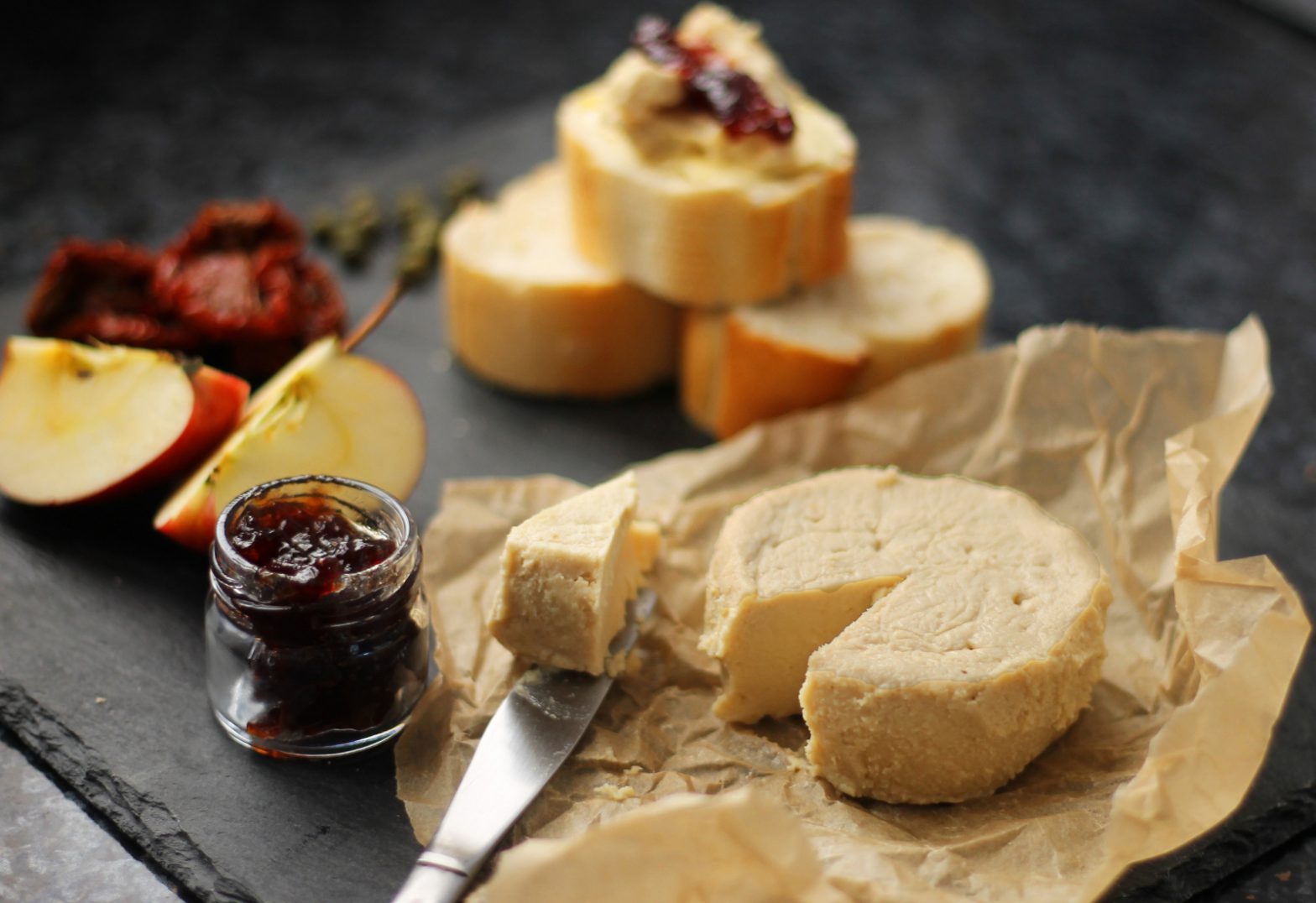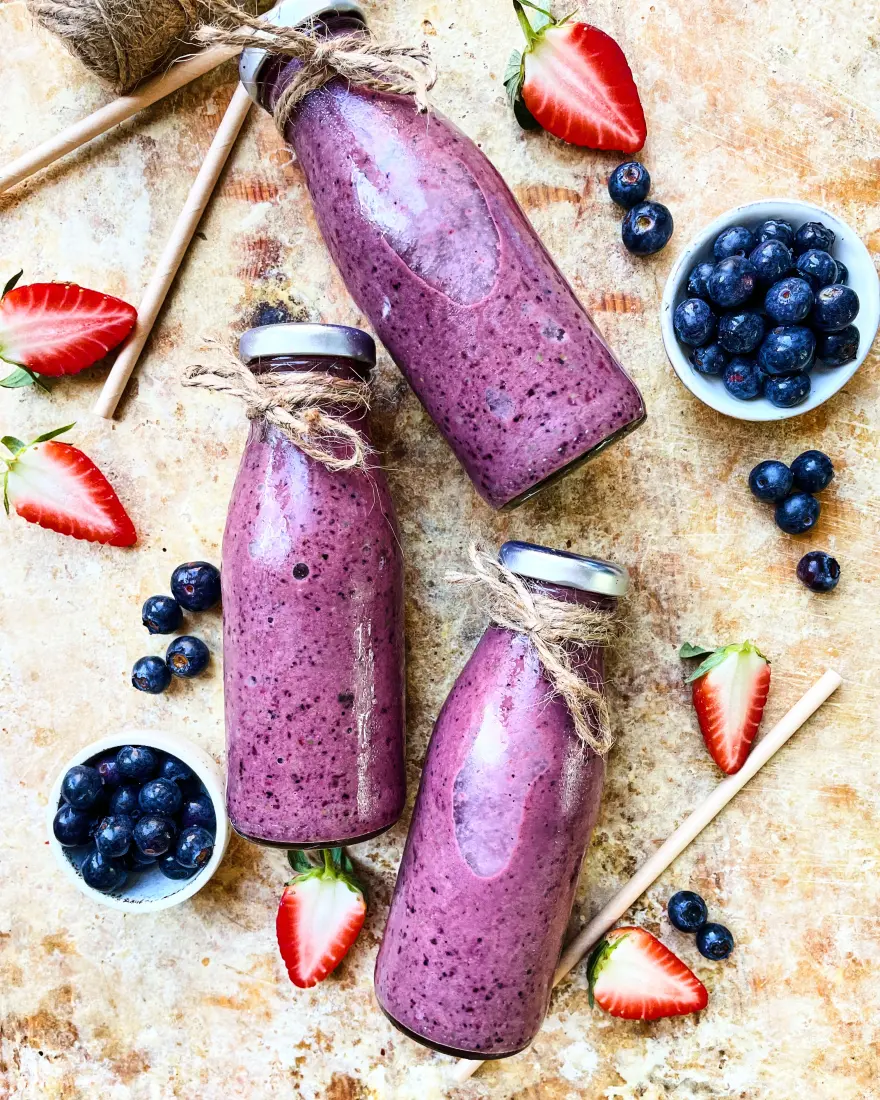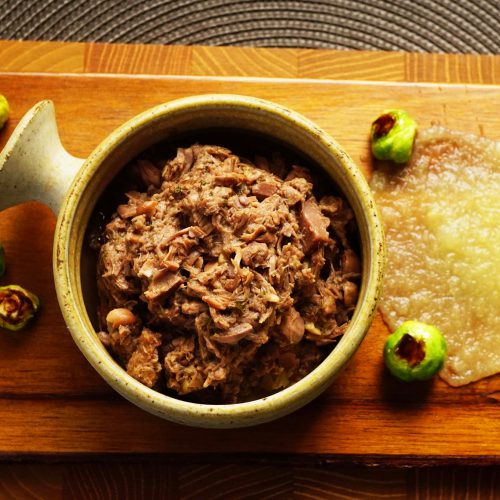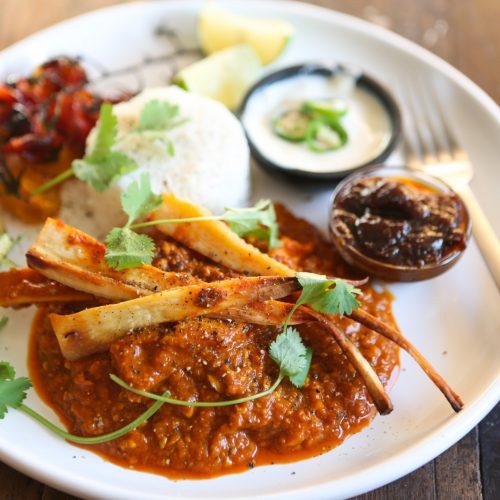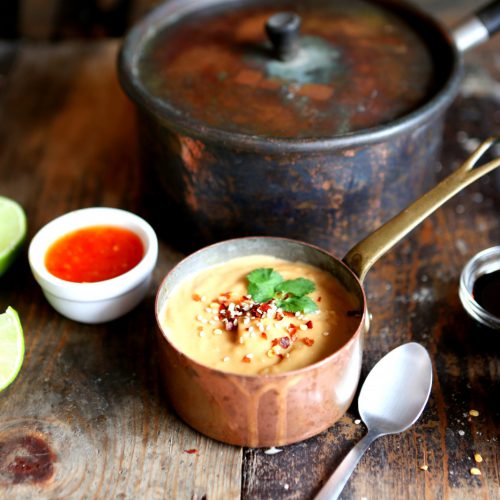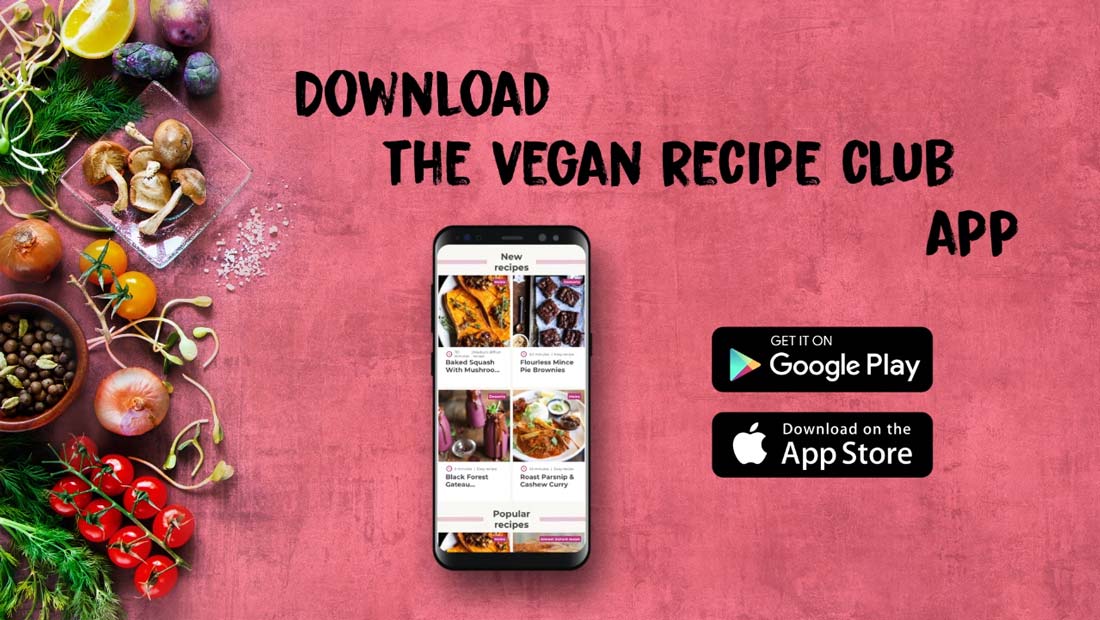White Cheddar Cashew Cheese, Artisan-style
This is a semi-firm artisan-style cheese with a tangy, quite strong taste and is light years away from most commercial vegan cheeses. It’s not difficult to make but you need to plan ahead – it takes 6-7 days, most of it soaking, culturing and developing its flavour – the actual cheesemaking is very simple.
Some of these ingredients may be unfamiliar but you’ll find most of them in a good health food shop or online. Miso is usually cheaper in an Oriental grocers, eg Korean, Chinese etc – most are vegan but check there is no added fish (bonito flakes). Store miso in the fridge and use as stock for other recipes.

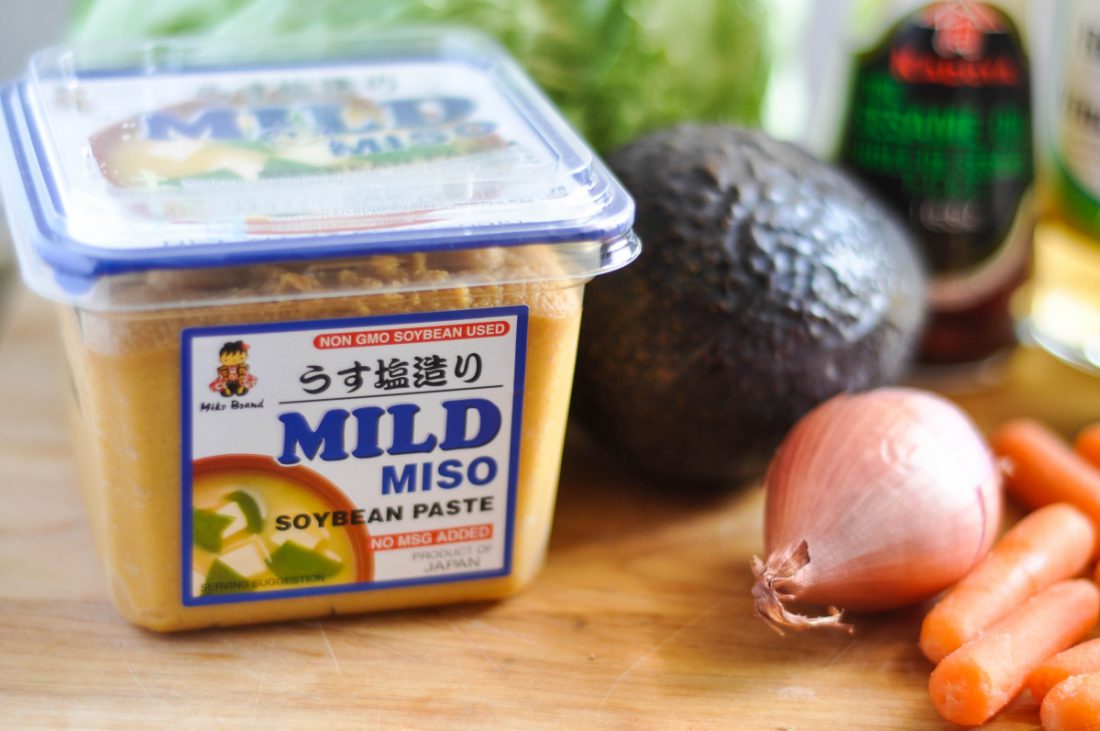

Probiotic info
This cheese uses a particular kind of probiotic – we offer two choices, bought (raw sauerkraut liquid) or home-made (rejuvelac).
Bought sauerkraut, raw (unpasteurised). Most commercial sauerkraut, even organic, is pasteurised. This means that most or all of its probiotic qualities have been destroyed. Look for the type that is stored in the fridge and is marked ‘raw’ or ‘unpasteurised’. There are several brands, the most common being Morgiel and RAW. You can still eat the sauerkraut after using the liquid!


Home-made Rejuvelac
This isn’t difficult to make but it does take time so planning ahead is necessary! It’s definitely worth it if you want to make fermented vegan cheese regularly. Please note the fermentation process is supposed to make the rejuvelac gluten-free. However, always check with your health adviser/GP especially if you are coeliac. It is also possible to make it with sprouted quinoa which is inherently GF – see the video.
- ½ cup raw wheat berries (whole wheat grains)
- Bottled or filtered water to be used throughout the process
- 1 large, sterilised glass jar, eg a big coffee jar plus cheesecloth to cover plus rubber bands OR a ready-made sprouting jar with lid .
- How to make it – watch this great little video! A big thank you to Mary’s Test Kitchen
Another big thanks to The Non-Dairy Evolution Cookbook by Skye Michael Conroy, from which this recipe was adapted.
Share your creations with us by using #veganrecipeclub and tagging @veganrecipeclub
Cuisine
Chinese
Ingredients
- 225g/1½ cups raw cashew pieces or whole cashews
- Filtered or bottled spring water (chlorinated tap water can impede the fermentation process)
- 8 tbsp/½ cup mild coconut oil, eg Biona Cuisine
- 4 tbsp nutritional yeast flakes
- 2 tbsp pale miso OR 1 tbsp light red-brown variety
- 1 tsp onion powder
- 1 tsp English mustard
- ¼ -½ tsp salt (start with the smaller amount)
- 4 tbsp/¼ cup liquid from a jar of raw (unpasteurised) sauerkraut OR home-made rejuvelac
ALL KITTED OUT:
- Glass jar or bowl to soak cashews
- High speed blender. You can make smaller batches in a Nutibullet/ninja type. If using a larger high speed machine, eg Vitamix, Omniblend, you will need to double up the batch.
- Scales or measuring cups
- Measuring spoons
- Silicone or rubber spatula
- Moulds to make cheese – eg small loaf tin or small cake tin or similar – plus clingfilm
Instructions
- Cover the cashews with water and soak in the fridge for 8 hours or overnight.
- Drain and rinse, discarding the soaking water and add them to the food processor.
- Remove the lid from the jar of coconut oil and place in the microwave for 30 seconds to a minute. You want to soften the oil enough to spoon it out. Alternatively, place a metal spoon in the the jar then put that in a pan of hot water and let it sit until it has softened sufficiently.
- Measure the oil into the food processor. Add the yeast flakes, miso, onion powder and salt to the blender also. Blend for several minutes, stopping the machine and scraping down the side after each blast. Do this until the mixture is creamy smooth. If it remains lumpy, remove half of the mixture and blend each half until smooth.
- Once your mixture is smooth, add the sauerkraut liquid or rejuvelac. Blend quickly – don’t overblend, as overheating can destroy the culture.
- Make sure the mixture is completely mixed in and creamy. Transfer it into a clean glass or ceramic bowl and cover with a cloth. Place it in somewhere reasonably warm, eg an airing cupboard and let it culture. This stage will take 48-72 hours (2-3 days). Test after 48 hours. The mixture should develop an airy texture – this is a normal part of the fermentation process. If it’s not quite tangy or airy enough, leave for the remaining 24 hours.
- Once it has cultured, line a mould with two layers of plastic wrap – make sure it overlaps in such a way that it leaves no gaps.
- Stir the cheese mixture well then place it into the mould and press down firmly with the back of a wooden spoon or spatula. Cover with the loose clingfilm and place in the fridge for 72 hours to firm and ripen.
- To serve, use the cling film to lift out the cheese. Remove it from the plastic wrap. Keep it stored in the fridge wrapped tightly in a sealable plastic bag or plastic box with lid. It will ripen in flavour and become more crumbly over time. If it develops any mould or is too damp, just scrape these parts off and wrap the cheese in kitchen paper before placing it back in the container.
Keywords
Did you know that the Vegan Recipe Club is run by Viva!, and that we are a charity?
We create vital resources to help educate everyone – vegan veterans, novices and the v-curious alike – about vegan food, health and nutrition; as well as the plight of farmed animals and the devastating environmental impact of farming.
Through this work we have helped thousands of people discover veganism; but we want to reach millions more! We rely entirely on donations as we don’t get any government funding. If you already support us, thank you from the bottom of our hearts, you are really making a difference! Please share our details with your friends and loved ones too, as every donation enables us to keep fighting for change.

